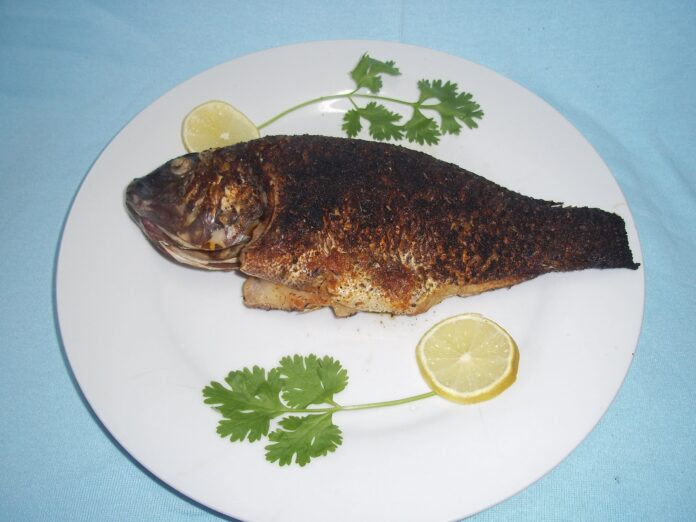Overcooking certain foods can lead to the formation of harmful substances that may pose risks to health. Here’s an explanation of some foods that should not be overcooked and why:
1. Vegetables (e.g., broccoli, spinach, kale)
- What happens when overcooked: Nutrients like vitamin C, B vitamins, and antioxidants are destroyed at high temperatures.
- Potential harm: Overcooking can lead to the formation of harmful compounds like nitrosamines in nitrate-rich vegetables (e.g., spinach), which may pose a health risk.
2. Eggs
- What happens when overcooked: High heat breaks down proteins excessively, and the sulfur in egg whites reacts with iron in the yolk, creating a greenish layer of iron sulfide.
- Potential harm: While not poisonous, excessive consumption of overcooked eggs may cause digestive discomfort and reduce nutritional benefits.
3. Meat (especially red and processed meats)
- What happens when overcooked: High-temperature cooking (grilling, frying) forms heterocyclic amines (HCAs) and polycyclic aromatic hydrocarbons (PAHs), both linked to cancer.
- Potential harm: Long-term exposure to these compounds increases the risk of cancer and inflammation.
4. Fish
- What happens when overcooked: Omega-3 fatty acids are destroyed, and proteins denature, leading to loss of health benefits.
- Potential harm: Overcooking may produce oxidized cholesterol, harmful to heart health.
5. Rice and Grains
- What happens when overcooked: Overcooked rice and grains can release acrylamide, especially when fried or roasted.
- Potential harm: Acrylamide is a potential carcinogen, and it can increase cancer risk over time.
6. Potatoes
- What happens when overcooked (e.g., frying at high temperatures): Formation of acrylamide.
- Potential harm: Long-term consumption of acrylamide may harm the nervous system and increase cancer risk.
7. Oil (used repeatedly or heated excessively)
- What happens when overheated: Oils break down and form free radicals, trans fats, and other harmful compounds.
- Potential harm: These compounds increase inflammation, risk of heart disease, and other health issues.
Conclusion:
- Overcooking not only reduces the nutritional value of foods but can also lead to the creation of harmful compounds.
- It’s better to cook food at moderate temperatures and avoid charring or frying excessively.
- In extreme cases, it might be healthier to skip a meal rather than consume overcooked, potentially harmful food.
Let me know if you’d like guidance on specific cooking techniques to retain nutrition! 🌱



